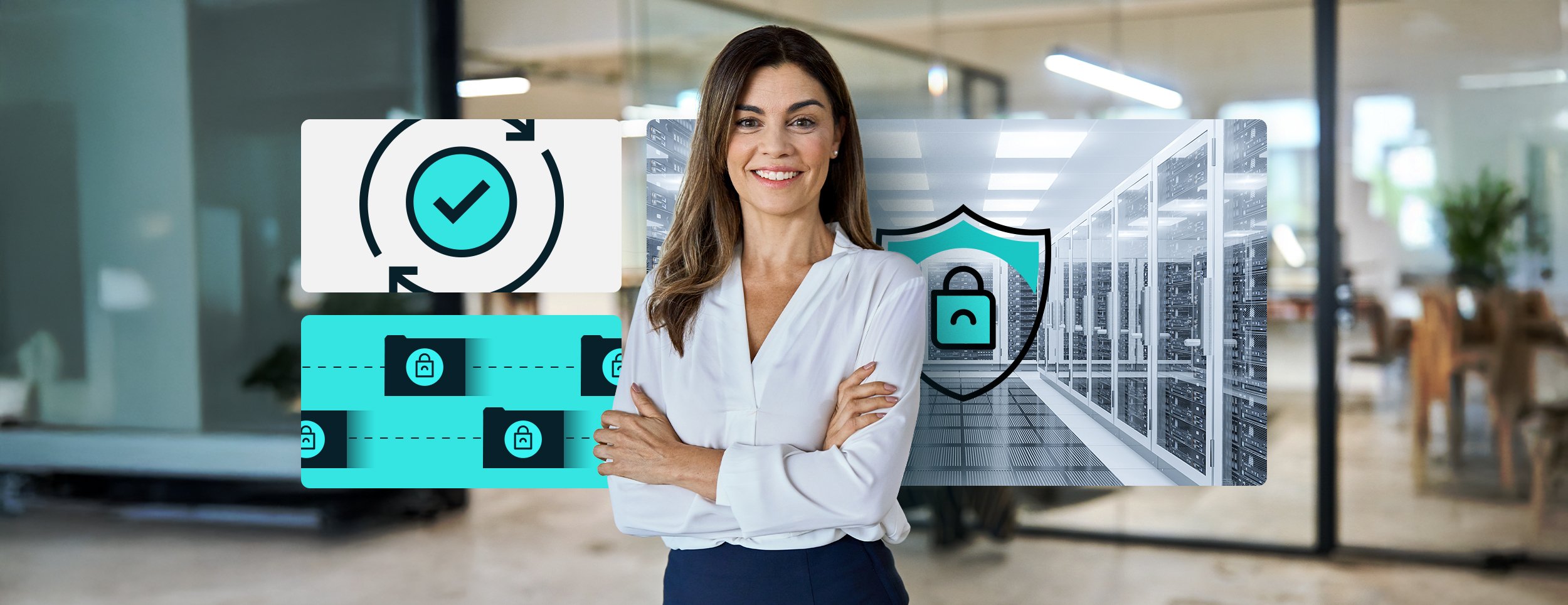For enterprise organizations relying on managed file transfer (MFT) solutions, cybersecurity often feels like an arms race. The need to patch MFT software vulnerabilities to prevent breaches or ransomware clashes with the operational disruption that those updates can cause, creating a dilemma between staying available for business or staying secure. Recent years have highlighted this pain point for MFT users, with several vendors experiencing ransomware and recurring high or critical software vulnerabilities in their solutions, creating more opportunities for threat actors to exploit their customers.
Unpatched vulnerabilities are an open invitation for cybercriminals, but frequently implementing security patches often involves halting operations and significant internal change management. This creates a volatile environment in which IT leaders are expected to plan and budget for every year. Planning for downtime, coordinating internal teams and managing customer expectations can take weeks of planning for large organizations, which pushes these essential updates to night or weekend work and falls on IT staff. This operational overhead often leads to significant delays in patching. According to the 2025 Verizon Data Breach Investigations Report (DBIR), organizations take a median of 32 days to fully remediate a vulnerability once one has been identified. This extended window provides ample opportunity for threat actors to discover and exploit known weaknesses.
Why legacy MFT architectures struggle
The underlying architecture of traditional MFT solutions exacerbates this problem. They often rely on a store-and-forward model, where files are fully ingested and stored within the MFT system before being forwarded to their destination. This approach leads to database bloat, as transient payloads and metadata pile up, which slows systems and complicates upgrades. It also creates orphaned data, which are unforwarded or undeleted files that can become hidden security vulnerabilities. Most critically, storing sensitive data within the MFT platform without proper management increases compliance risks and presents a larger attack surface, making upgrades complex due to the need to migrate staged data, manage database schemas and validate file references. This tight coupling of file flow state to the platform inherently increases operational drag, upgrade risk and security exposure.
These issues with upgrading make it inherently challenging to stabilize MFT operations and prevent unanticipated downtime in enterprise organizations, further complicating their budgeted file transfer spend and forecasting capabilities. IT leaders need to deliver consistency in technology expectations, and a turbulent MFT vendor makes this all but impossible.

Streaming MFT architecture as a path forward
But this is where JSCAPE offers a compelling alternative to enterprise organizations. Unlike traditional store-and-forward systems, JSCAPE’s core architectural advantage lies in real-time data streaming. Files are moved directly from the sender to the destination without internal staging or payload storage within the platform. This translates to significant benefits for security-conscious enterprise organizations, particularly in sectors like healthcare, manufacturing and finance, where security, uptime and compliance are paramount.
JSCAPE’s streaming architecture enhances security by ensuring files land directly in your enterprise storage, whether it’s NFS shares, local filesystems or cloud object storage like S3 and Azure Blob. This allows you to apply your own encryption-at-rest policies, access controls and audit rules. JSCAPE itself remains lean and doesn’t introduce additional surfaces to manage. This approach also significantly improves performance, as the absence of redundant disk I/O or database growth results in faster file movement, better throughput under load and lower CPU and memory overhead — all essential for high-volume, timely file transfer operations.
Another key advantage is the flexibility offered by JSCAPE’s architecture. You retain control over where your files land, whether on-premises, in a private cloud or in a hybrid environment. JSCAPE doesn’t lock you into proprietary storage models or demand complex plugins to utilize your existing infrastructure, and instead, it can connect even the most disparate systems for a comprehensive view of file transfer operations. This freedom of choice simplifies your overall IT landscape and reduces the risks that come with vendor lock-in.
Perhaps most critically, JSCAPE’s streaming model radically simplifies upgrades, transforming a challenging process into a clean, application-layer-focused operation. This fundamental shift eliminates the burden of managing a massive database of transient payloads, thereby dramatically reducing downtime, preventing messy schema migrations and avoiding disruptive rollbacks caused by broken file pointers or stuck payloads. For enterprises demanding continuous availability, JSCAPE’s active-active high availability support further enhances resilience, allowing one server to undergo security upgrades without interrupting operations. The inherently lightweight nature of JSCAPE upgrades also streamlines this double patching process and significantly reduces the time commitment. This architectural advantage, combined with JSCAPE’s commitment to security — evidenced by quarterly internal and annual third-party penetration tests — results in a historically low number of vulnerabilities compared to other MFT providers.
Balance uptime and file transfer protection with JSCAPE
For enterprise organizations grappling with the seemingly endless arms race between avoiding downtime and maintaining robust security, JSCAPE presents a powerful solution. Its lightweight architecture and strong security posture mean faster, more reliable upgrades, reducing the critical window of vulnerability that often plagues traditional MFT systems. By choosing JSCAPE, businesses can achieve the best of both worlds: a more stable and secure MFT environment and better planning of operations without unexpected downtime looming overhead.
If you’re ready to leave behind complex MFT upgrades, book a demo with the JSCAPE team to discover how this innovative approach can benefit your organization.





